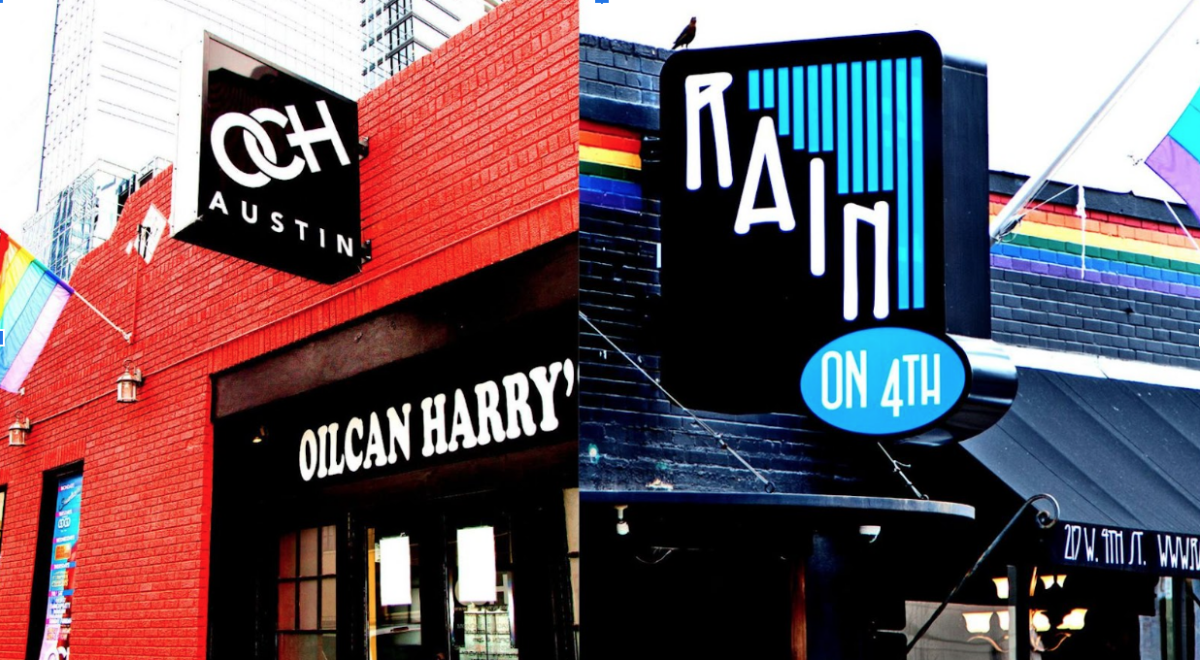Tag: Texas Legislative
-

OPINION: Upcoming Legislative Session Poses Threat for LGBTQ Texans
The Texas Legislative session for 2023 began on Jan. 10 and runs through May 29, 2023. Republicans control both chambers. Some bills on the agenda threaten LGBTQ Texans and women’s reproductive rights. by Foster Milburn Every two years, Texas representatives meet for a consecutive 140-day period. The sessions include the discussion and passing of bills…
